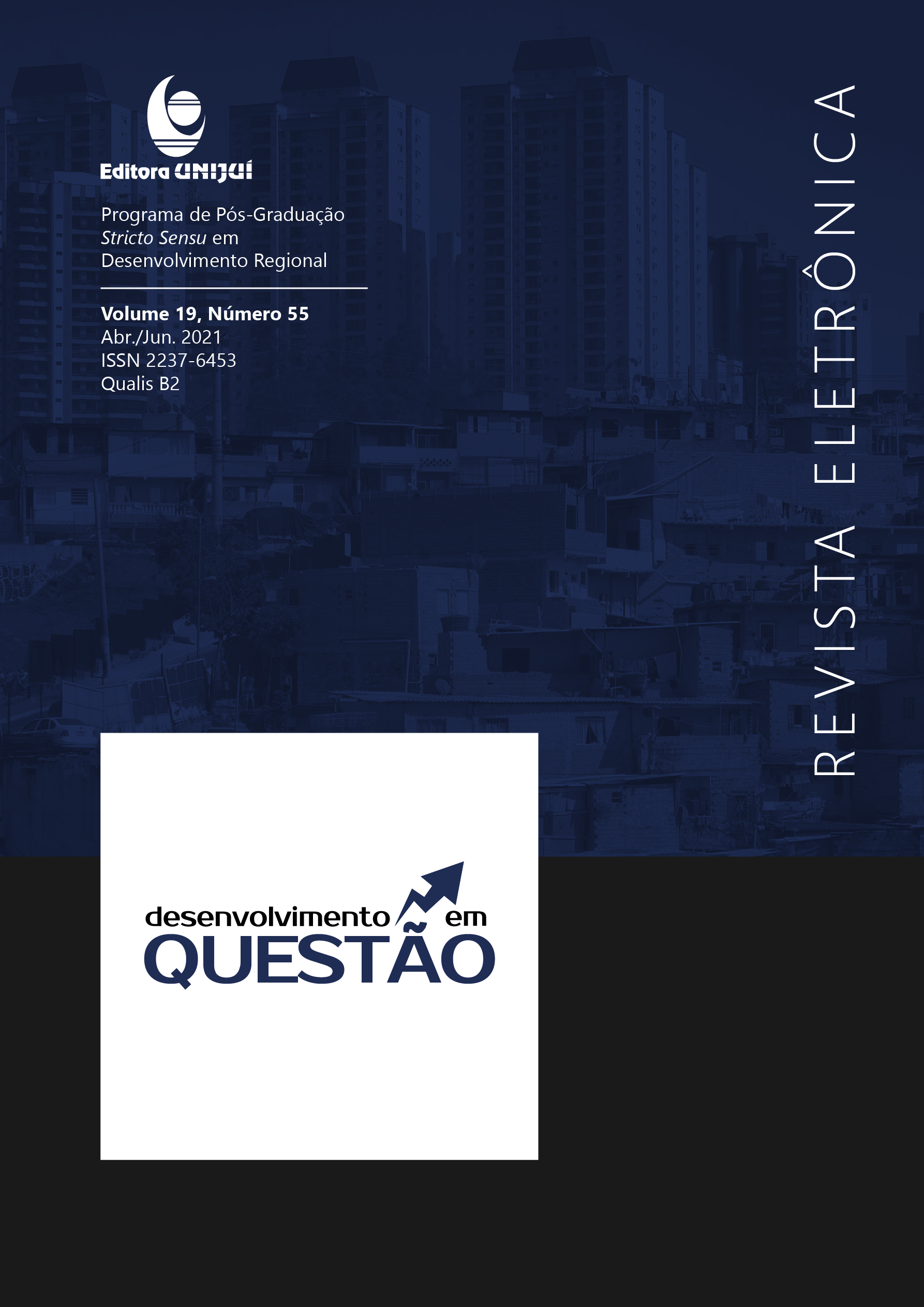MORAL AND SEXUAL HARASSMENT AT WORK: ACADEMIC ANALYSIS AND CONCEPTION OF VIOLENCE
MORAL AND SEXUAL HARASSMENT AT WORK: ACADEMIC ANALYSIS AND CONCEPTION OF VIOLENCE
DOI:
https://doi.org/10.21527/2237-6453.2021.55.11195Keywords:
Moral Harassment, Sexual Harassment, Work Environment.Abstract
In this study, aspects related to moral and sexual harassment in activities in the workplace were analyzed, which enabled the identification of possible cases. The data for the research were collected from academics of the night administration course of the Campus of a federal university located in the North of Rio Grande do Sul, who exercise a paid function. With the analysis of the data it was identified a good knowledge of the academics on the subject. The number of cases of moral harassment that occurred was significant compared to the total sample, whereas sexual harassment occurs to a lesser extent. The method used for the development of the research is descriptive, with the purpose of recording and analyzing data, using questionnaires as a primary source and studies related to the topic as a secondary source. At the end of the work, it was concluded that harassment is still a present evil in the work environment and that the lack of denunciation on the part of the harassed remains a factor that contributes to the harassment to continue happening.
Downloads
Published
How to Cite
Issue
Section
License
By publishing in Revista Desenvolvimento em Questão, authors agree to the following terms:
All works are published under the Creative Commons Attribution 4.0 International License (CC BY 4.0), which allows:
Sharing — to copy and redistribute the material in any medium or format;
Adaptation — to remix, transform, and build upon the material for any purpose, even commercially.
These permissions are irrevocable, provided that the following terms are respected:
Attribution — authors must be properly credited, a link to the license must be provided, and any changes made must be indicated.
No additional restrictions — no legal or technological measures may be applied that legally restrict others from doing anything the license permits.
Notices:
The license does not apply to elements that are in the public domain or covered by legal exceptions.
The license does not grant all necessary rights for specific uses (e.g., image rights, privacy, or moral rights).
The journal is not responsible for the opinions expressed in the articles, which are the sole responsibility of the authors. The Editor, with the support of the Editorial Board, reserves the right to suggest or request modifications when necessary.
Only original scientific articles presenting research results of interest that have not been previously published or simultaneously submitted to another journal with the same purpose will be accepted.
Mentions of trademarks or specific products are intended solely for identification purposes and do not imply any promotional relationship by the authors or the journal.
License Agreement (for articles published from 2025 onward): Authors retain the copyright to their article and grant Revista Desenvolvimento em Questão the right of first publication.











